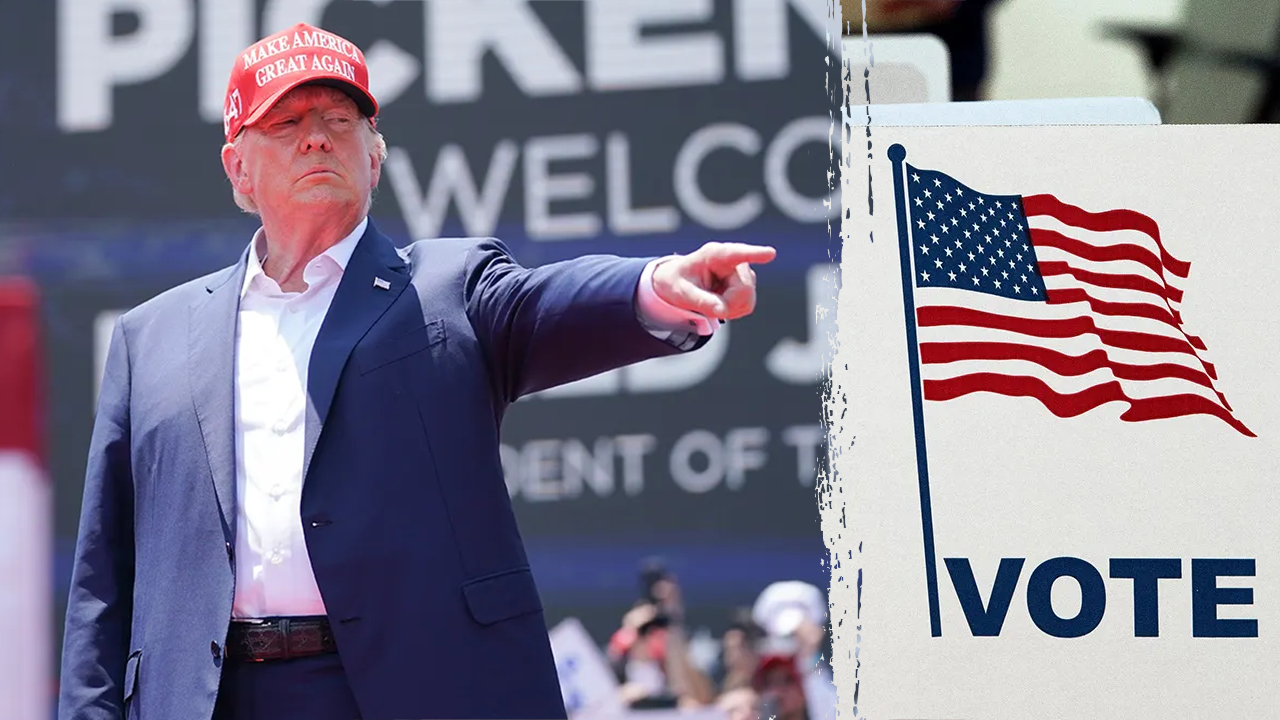A US judge partially blocked Trump’s ‘election integrity’ executive order last month. Here’s why.

Last month, a federal judge in Washington, D.C., made headlines by blocking key parts of President Donald Trump’s executive order on election integrity. This move highlighted the deep division in the country over what “election integrity” truly means. The executive order, titled “Preserving and Protecting the Integrity of American Elections,” was challenged in federal court by the Democratic National Party (DNC) and a group of plaintiffs who argued that it was an attempt to interfere in elections and disenfranchise voters.
The judge, U.S. District Judge Colleen Kollar-Kotelly, made a nuanced decision that left both sides with some victories. She upheld three key parts of Trump’s executive order, including a provision that states should not count mail-in ballots received after Election Day. However, she sided with the Democratic plaintiffs in blocking a new proof-of-citizenship requirement for federal voter registration forms and a provision directing election officials to verify the citizenship of potential voters.
The question arises whether the judge has the authority to make such decisions. The answer is a definitive yes. The power of U.S. judges to check the president’s actions through the judicial system is a crucial aspect of the American government’s system of checks and balances. While presidents often use executive orders to enact policy changes, these orders can be overturned by subsequent administrations or halted by federal courts if they are deemed to exceed the executive branch’s authority.
Judge Kollar-Kotelly emphasized in her ruling that voter registration laws and the regulation of elections are the purview of Congress and individual states, not the executive branch. She stated that both states and Congress can pass laws related to elections as long as they do not unduly burden voters under the 14th Amendment of the U.S. Constitution. The executive branch, lacking the authority to make and pass election-related laws, does not enjoy the same legal review standards.
The Trump administration has the option to appeal the judge’s decision to higher courts, but as of now, they have not indicated whether they plan to do so. A White House spokesperson expressed the administration’s commitment to fighting for election integrity, despite objections from Democrats. The next steps in this legal battle remain uncertain.
In conclusion, the fight over election integrity continues to be a contentious issue in the United States, with both political parties and branches of government grappling over the boundaries of their authority. The outcome of this case will have far-reaching implications for future elections and the balance of power between the executive, legislative, and judicial branches.




